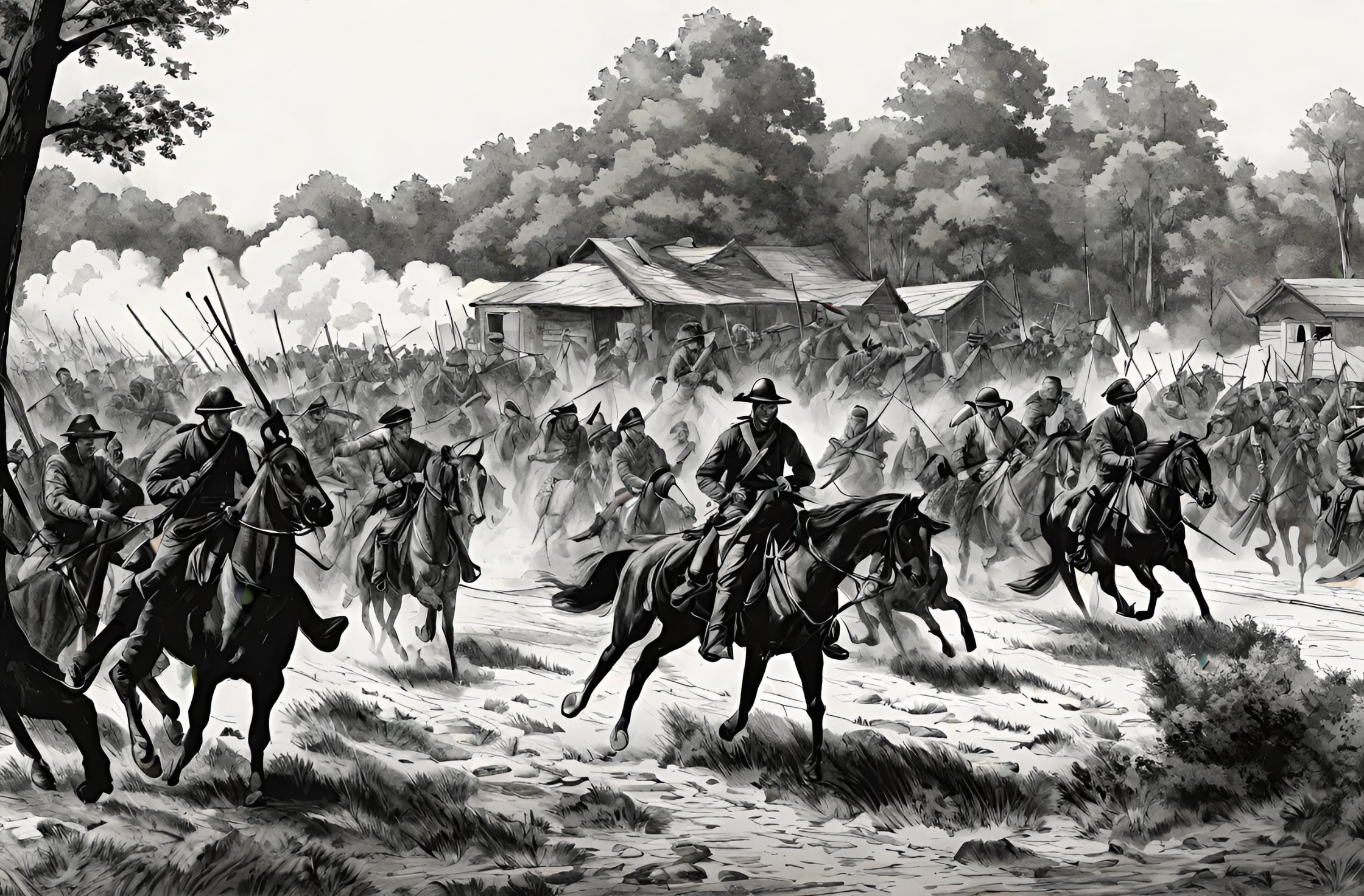Flashback to April 26
American History

The year 1916 was an epoch-defining moment in U.S. political history, marked by two cornerstone events that have contributed immensely to shaping the future direction of the country – the U.S. presidential election and the notable entry of the first woman into the House of Representatives. Nominated on a dynamic platform of peace, progressivism, and reform, Woodrow Wilson, the Democratic Party candidate had an edge over Republican Charles Evans Hughes, leading to his re-election as President of the United States. This was an iconic time, further accentuated by Jeannette Rankin of Montana making history as she broke the gender barrier and became the first woman elected to the United States House of Representatives.
When peering back into history, the United States presidential election of 1916 shines as a distinctive reflection of the nation’s political climates and public sentiment at the time. Incumbent President Woodrow Wilson faced a genuinely competitive election, defending his Democratic grounds against Republican nominee Charles Evans Hughes. The race between Wilson and Hughes was tight, teetering on a sense of uncertainty until the very last moment.
Redefined by Woodrow Wilson’s vision for progress and peace, the Democratic campaign revolved around the slogan, “He Kept Us Out of War,” emphasizing the administration’s neutrality stance during World War I and progress on domestic issues. The core message resonated with the public sentiment of enjoying lasting peace and further backed up by Wilson’s New Freedom domestic agenda featuring regulatory legislation, tax reform, and anti-trust laws.
In stark contrast, Charles Evans Hughes, a Supreme Court Justice-turned politician, represented the Republican Party. Hughes’ platform was filled with conservatism, focusing on a firmer foreign policy and promising American preparedness for any potential involvement in the ongoing World War I. Hughes’ approach matched with the ideologies of his Republican constituents but fell short of capturing the broader American sentiment.
The U.S. presidential election’s results, held in November of 1916, did not just reaffirm Wilson’s presidency; it declared the sway of the peace and progressive policies that Wilson represented. The election signaled the revival of progressivism in American politics and laid the foundation for the democratic advocacy and reformist approaches that followed.
Meanwhile, the 1916 elections also celebrated a prominent victory on another front. Set against the backdrop of the suffrage movement, the United States was witnessing a robust challenge against its patriarchal norms, resulting in Jeannette Rankin’s remarkable feat of becoming the first woman elected to Congress. The Montana representative was a firm believer in peace and women’s suffrage, naturally aligning with Wilson’s sentiments.
Rankin’s victory didn’t just break through the glass ceiling; it initiated a new era of female political empowerment, giving voice to women in decision-making at a national level. Her election was both an embodiment of the rising tide of women’s rights activism and a catalyst for future milestones in achieving gender equality in U.S. politics.
The U.S. 1916 election was a watershed moment, reverberating beyond the times to have an impact that lasted well into the future. It shaped the presidential landscape and formed a significant turning point for women in political leadership. Marking one of history’s unforgettable moments, the election definitively steered the path of American democracy and political alignment on the global stage.
We strive for accuracy. If you see something that doesn't look right, click here to contact us!
Sponsored Content

Battle of Durham Station,…
On April 26, 1865,…

Dow Jones Industrial Average…
On April 26, 1983,…

John Norrie McArthur, malariologist/microscopist,…
On April 26, 1996,…

Odd Fellows Lodge is…
Established on April 26,…

